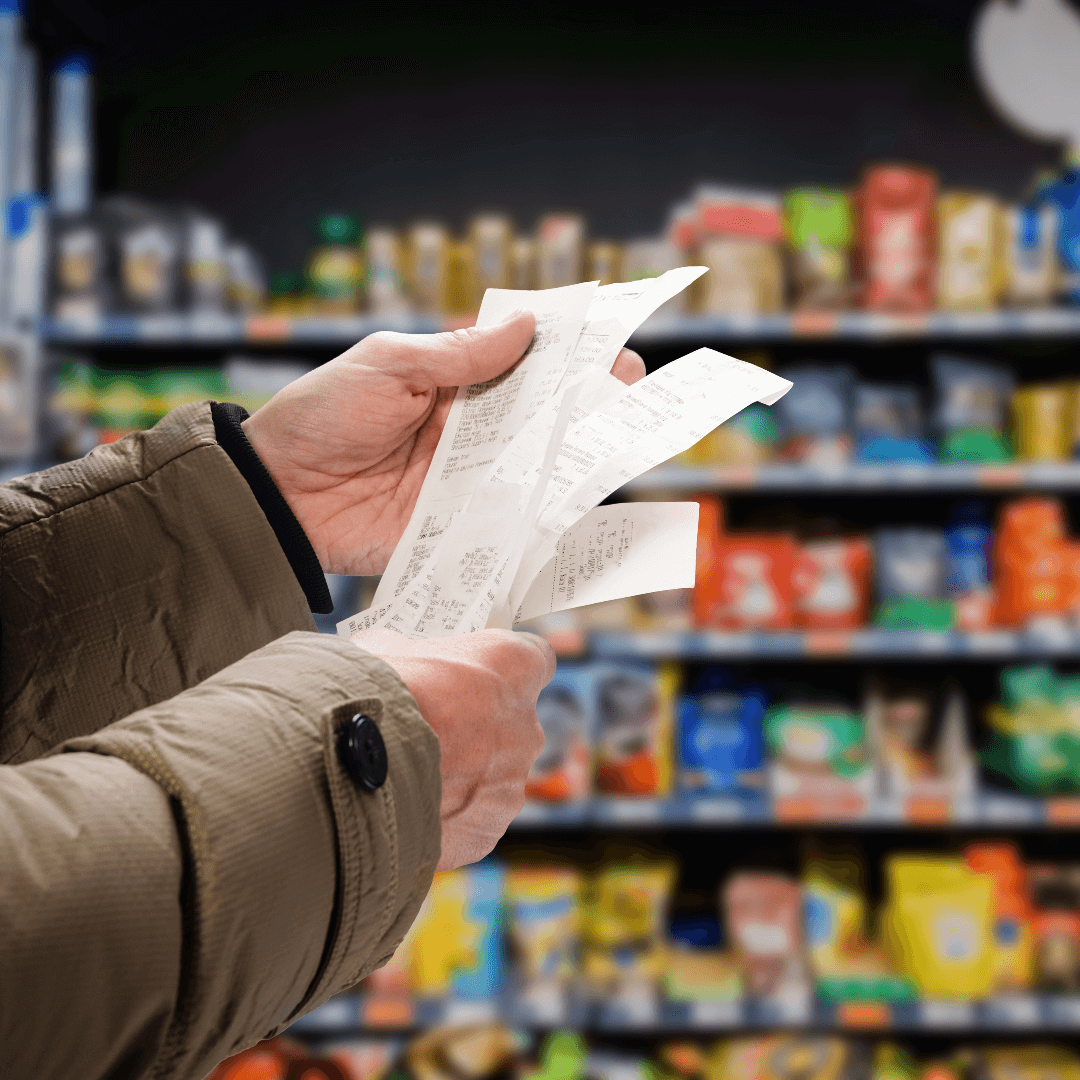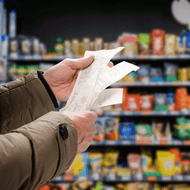UK Inflation Slows Amidst Falling Food Prices
Posted by Emily on 22nd Sep 2023 Reading Time:
In a surprise turn of events in August, UK inflation experienced a fall, primarily driven by the slowing of food prices. According to official figures, prices are increasing at their slowest rate in 18 months, with inflation recorded at 6.7% in the year to August, a slight decrease from 6.8% in July. This marks the third consecutive month of a drop in the inflation rate.

Among the various factors contributing to this decline were the falling prices of milk, cheese, vegetables, and fish. However, there was a noted uptick in the price of cereals. In stark contrast to these developments, many experts had anticipated an inflationary surge due to the elevated costs of petrol and diesel in the preceding month, a repercussion of rising global oil prices. Furthermore, a decline in flights and accommodation prices also significantly pulled down the general inflation rate.
Chief Economist at the Office for National Statistics (ONS), Grant Fitzner remarked on the situation as a "mixed picture." He highlighted that food manufacturers now face lower costs than a year ago, and these savings are gradually reaching consumers. This decline in food prices may relieve consumers who have recently grappled with escalating shopping and restaurant bills.
For instance, Nick Collins of Lounges, a business encompassing cafes, bars, and restaurants, shared with the BBC that mounting food expenses compelled him to hike prices by 8% over the past year. However, he also noted that customer spending behaviour remains unchanged despite these rises.
Historically, one significant factor pressuring food prices was the geopolitical turmoil following Russia's invasion of Ukraine. This conflict interrupted the supply chain from both nations, known for exporting vital goods like sunflower oil, wheat, and fertiliser.
This unexpected dip in inflation has sparked debate about the Bank of England's upcoming decision on interest rates. Previously, a jump from 5.25% to 5.5% was widely expected, but current speculations suggest a split expectation among investors.
Adding to the perspective, Chancellor Jeremy Hunt stated that the recent figures indicate that strategies to combat inflation are effective. Nevertheless, he also emphasised the need to reduce the rate further to alleviate pressures on households and enterprises. While the annual rate of food inflation has settled at 13.6%, down from 14.9% in July, it's evident that prices remain elevated.
The ONS's Grant Fitzner reiterated the influence of declining accommodation costs and air fares, but also pointed out the increased petrol and diesel prices in contrast to the significant drop witnessed in the preceding year.
In summary, while the inflation rate has slowed down, it remains vital for the country's policymakers to maintain strategies that can ensure stability and relief for consumers and businesses.
Source:
https://www.bbc.co.uk/news/business-66844295


